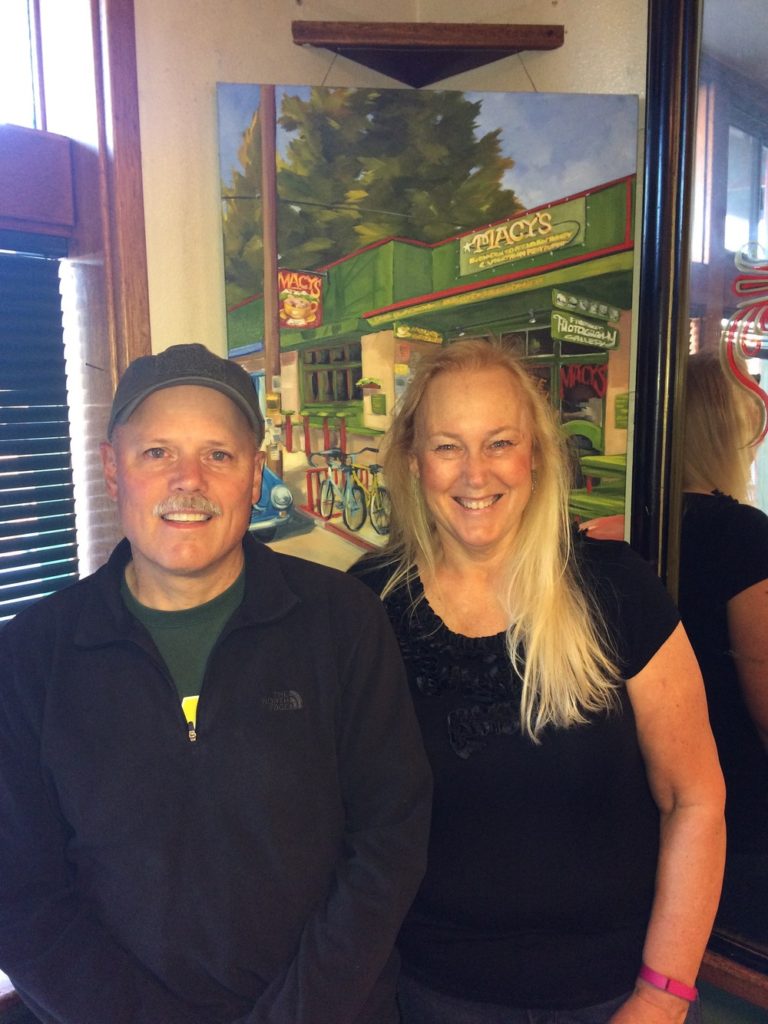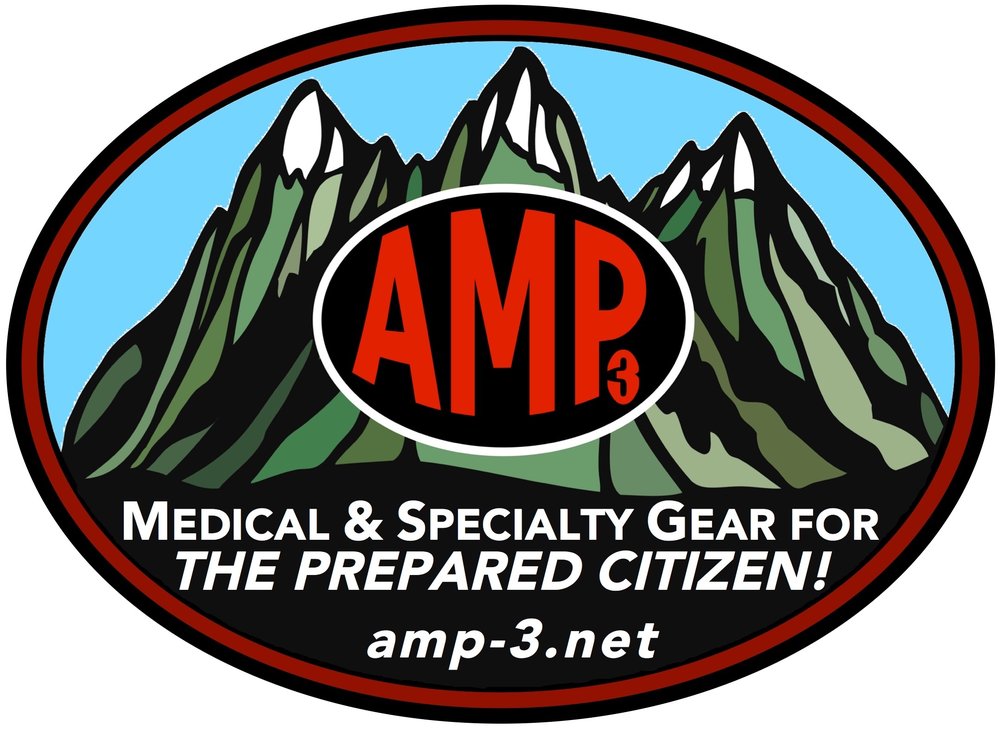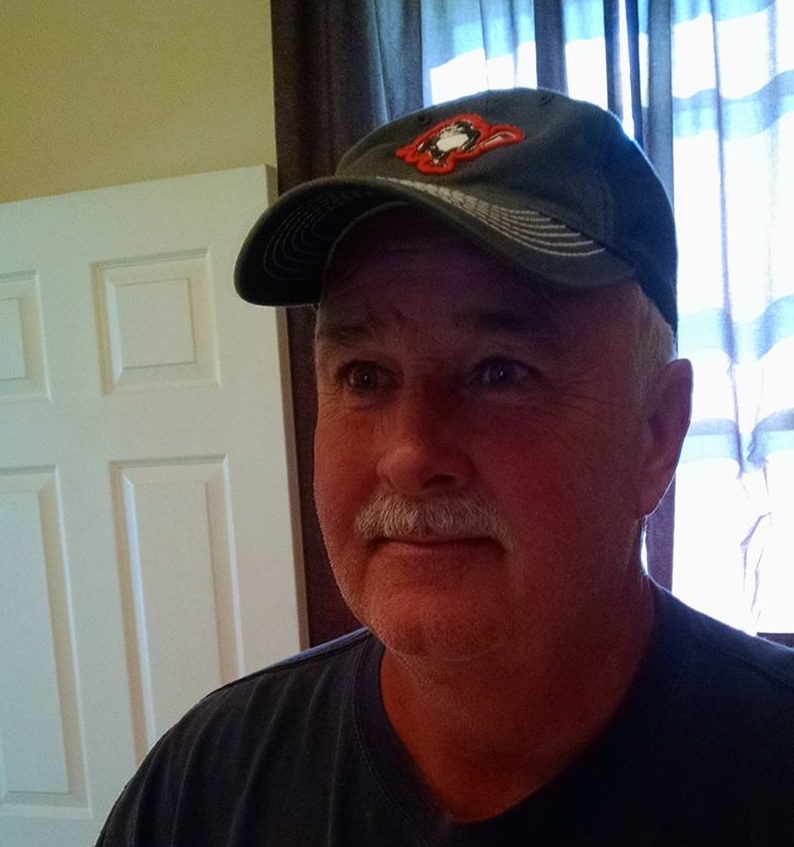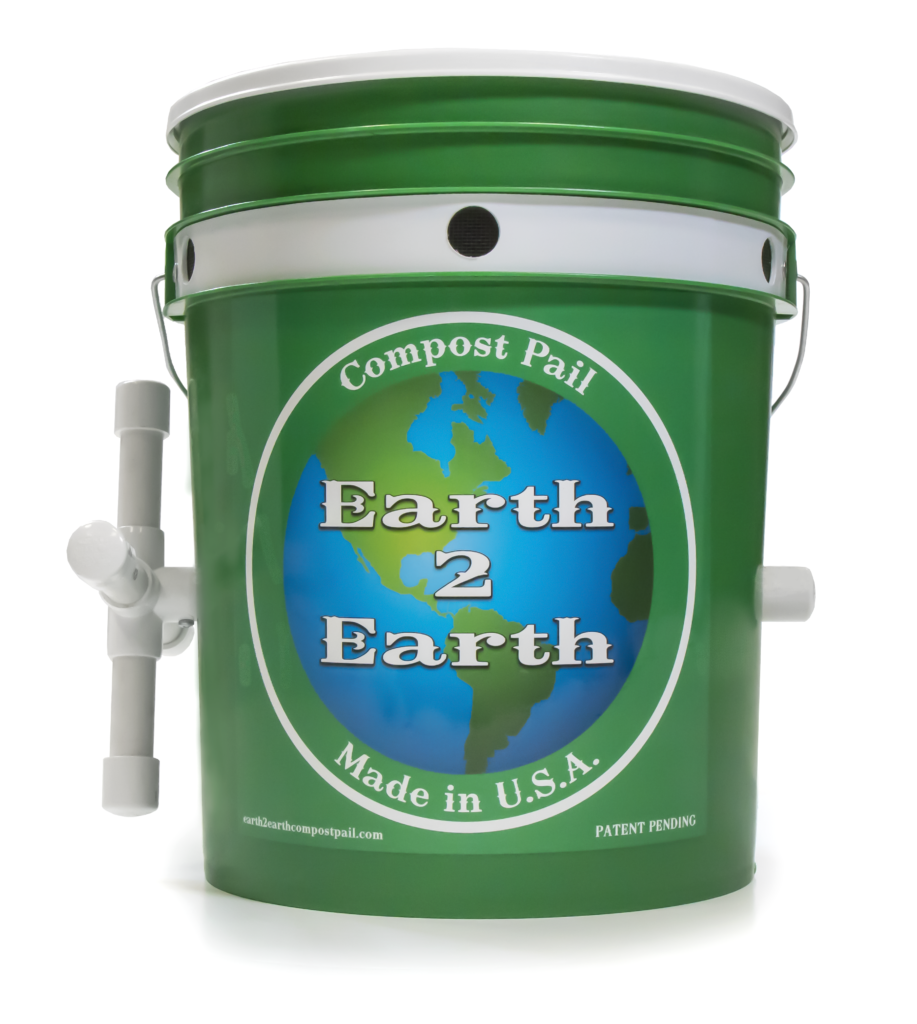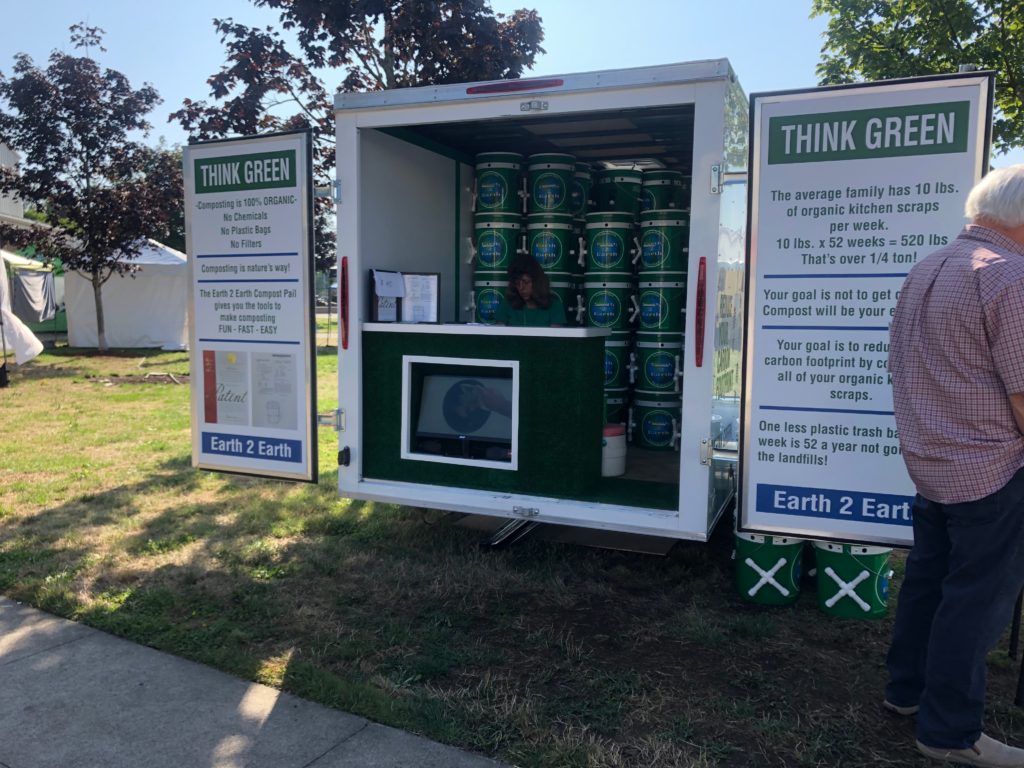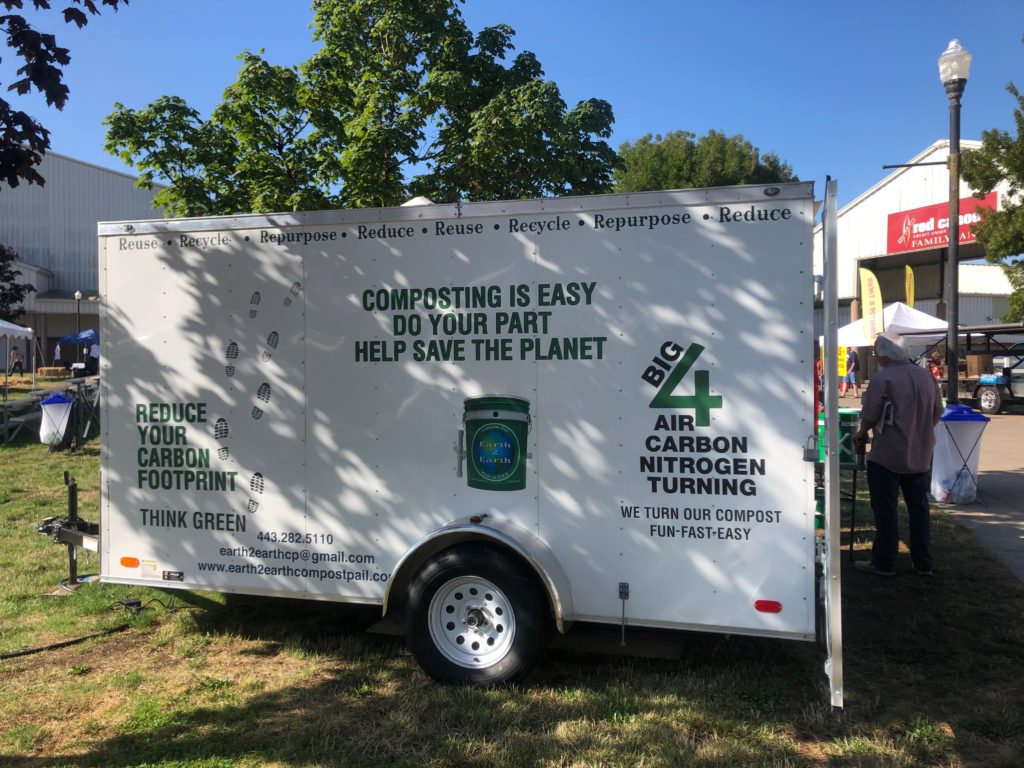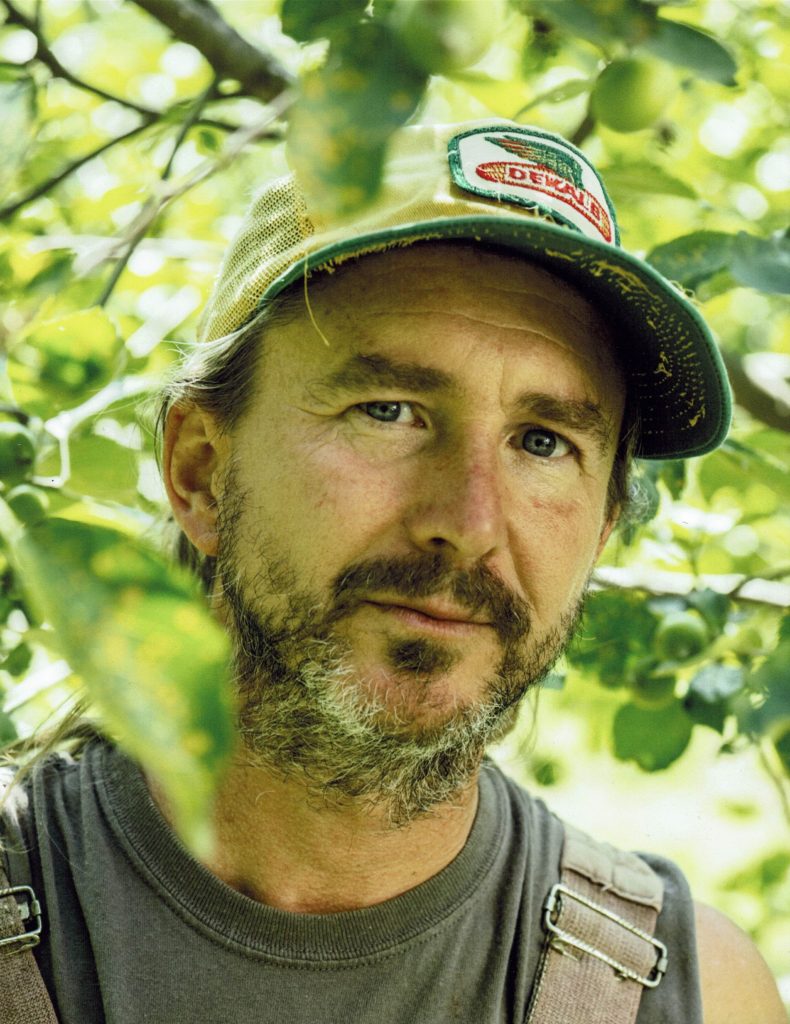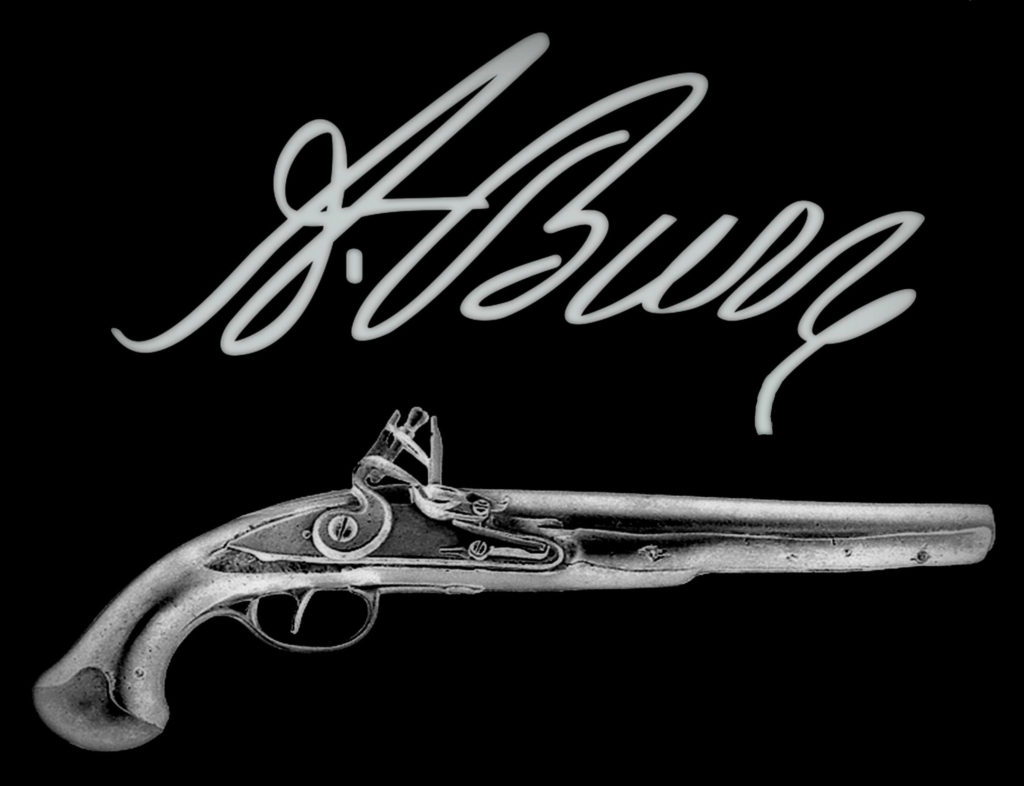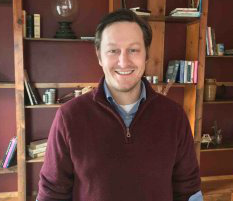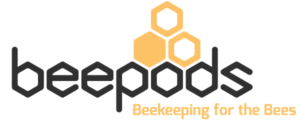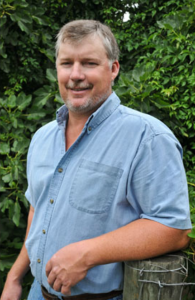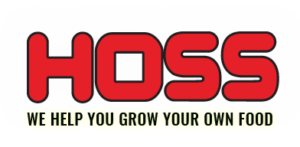Podcast: Play in new window | Download
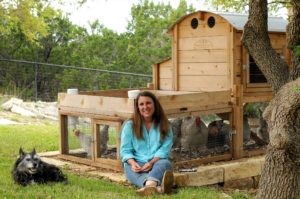

Dyan and her husband Montie co-founded Roost & Root to help you, “Find your inner farmer.”
Join us for a fun conversation as Dyan talks about the companies journey from building their first 20 chicken coops to the amazing ride they’ve had serving and building relationships with customers from coast to coast.
Be sure to checkout their quality Cedar Chicken Coops and Gardening products as well!
➡️ Call Today – (877) 741-2667
Transcription
Dyan: Hearing from customers because I do talk to a lot of them after the sale. Like there’s always like a driver who’s like, “I’m gonna get chickens,” and then there’s other spouse a lot of times he’s kind of like, “okay, not super excited about this, but whatever.”
And I hear from the other spouse that’s not super excited and like, had no idea I would love having chickens.
Podcast Intro: If you’re someone who refuses to go along to get along, if you question whether the status quo was good enough for you and your family.
If you want to leave this world better off than you found it and you consider independence a sacred thing.
You may be a prepper, a gardener, a homesteader, a survivalist, or a farmer or rancher, an environmentalist or a rugged outdoorsman.
We are here to celebrate you whether you’re looking to improve your maverick business or to find out more about the latest products and services available to the weekend rebel.
From selling chicken eggs online, to building up your food storage or collecting handmade soap.This show is for those who choose the road less traveled the road to self-reliance for those that are living a daring adventure, life off the grid.
Brian: Dyan Twining co-founded Roost and Root in 2013, with her husband Montie, their passion and slogan is, “find your inner farmer.”
At Roost and Root, they manufacture high quality backyard farm and garden lifestyle products that help fulfill that slogan.
She enjoys keeping chickens and gardening as well as deep sea fishing and running.
Dyan, welcome to the Off The Grid Biz Podcast.
Dyan: Hi, thank you for having me.
Brian: Yeah, it’s great having you here.
So why don’t you tell us a little bit more about what it is that you do?
Dyan: So together with my husband, we run Roost and Root, like you said, we are manufacturing company based out of Dripping Springs, Texas.
So we’re a little bit west of downtown Austin, and we have a manufacturing facility where we we started in 2013 manufacturing and selling chicken coops primarily chicken coops.
In 2020, we actually changed our name to Roost and Root. We used to be Urban Coop Company. But we sold our coops through the years and we kept getting a lot of customers saying, you know, “what else you guys going to build?”
They liked our products. They liked the quality, and what goes hand in hand with backyard coops, and its gardening products.
So we changed our name to Roost and Root, to kind of reflect both of our interests.
Brian: Fabulous.
So what led you into the business to begin with?
Dyan: So my husband is a builder and an entrepreneur and we moved to a piece of property in Texas, and I got some chickens, and I could never find a chicken coop that functioned like I wanted it to.
I wanted it to be easy to clean, I wanted it to be easy to take care of the chickens, give them food, give them water.
So Montie being a builder, I said, “you need to build some chicken coops.”
Well, a little bit more to that.
Montie was a builder, had a commercial construction company at the time, and did a big project for a company and we are leaving to go to town for Thanksgiving.
We drive through the drive thru of this Starbucks that he had helped to build. And we were still waiting to get paid for the work that had been done.
And we’re thinking this whole working for someone else is not so much fun.
So as we’re driving, we’re talking and I say, “you really need to build cute chicken coops, I think if you build cute chicken coops people buy them.”
He’s like, “no, that’s kind of a dumb idea.”
But I had chickens, I had friends who would come here and they say, you know, oh, I want to keep chickens.”
I’m like, “well, you should do it.”
And they’re like, “but I don’t even know how to get started, jow do I get a chicken coop?”
And I said, “well, you should have your husband build you one because that’s what I did.”
And they’re like, “my husband can’t build me a chicken coop.”
And so it just kind of sparked the idea that maybe there was something because we are close to Austin, we’re probably a suburb more than our own little town anymore.
More and more neighborhoods are popping up.
We don’t live in a neighborhood, we live on a piece of property.
So you know, when you live on a pretty big piece of property, you can kind of have whatever in your yard, it doesn’t have to look pretty, it can just be functional.
But if you live in a normal suburban or urban setting, and you only have so much space in your yard, and you decide you want to take up some of that space with a chicken coop that you’re going to have to stare at all the time you want it to look nice.
You want it to add to the beauty of your yard not necessarily, you know, take away.
That’s when I said, “you know, you need to build chicken coops and they need to be cute.”
He’s like, well, “that’s kind of a dumb idea.”
But he humored me and I came up with a bunch of drawings, and the first 10 or so were ugly. And I didn’t like them. And I said, “no, keep trying keep trying.”
Finally he hit on what is our backyard coop.
And I said, “okay, people, I think will buy that, we should build some.”
And I said, “well build me one, and I’ll try it.”
And he said, “well, if I’m going to build one, I’m going to build 20.”
I said, “okay,” and so he built 20.
And we just tried it to see what would happen.
We put them on Craigslist, and they sold out within about a week, kind of realize that we had something, we knew that if we wanted to make it a business that supported our family, that it needed to be something beyond Craigslist, it couldn’t be just a local thing or a regional thing.
We needed to be able to build something that we could ship and sell nationally.
So we worked with the shipping companies to come up with box sizes, and, I mean there’s so much to it that we really didn’t know at first what all was involved in it.
But the initial design was something that is within about a quarter of an inch of the max size that you can ship in a box through like a ground shipment company UPS, FedEx.
So that’s kind of how it started.
At first, it was very small. It was Montie and I, are kids, and we had an employee and kind of grown from there.
Brian: Fabulous.
So from the business perspective, you found your first customers on Craigslist. Where did you go from there?
Dyan: When we decided that it was probably going to work and that it needed to be national. You know, really our main source of advertising is Google AdWords pay per click advertising.
It’s a double edged sword, let me tell ya.
We are finding though, as we’ve been in business now eight years, that one thing that we had that was a very gratifying, but very surprising is we have a lot of repeat customers, upwards of 20, 30%.
Like who knew people needed multiple chicken coops, but they do and we’re certainly grateful.
And it was really gratifying to us to the folks that work in the shop, when somebody that we’ve sent something to comes back and, you know, parts with their treasure and get another one.
But our source of advertising initially was Google AdWords, some social media advertising, we’re working really hard to morph it into something that will less corporate, less Google, right?
Brian: Oh, I understand. So that’s great.
Where are you finding most of your newest customers from nowadays?
Dyan: We’ve sold into all 50 states, believe it or not, it’s a really interesting kind of phenomenon to us anyways, that the major group of customers is that upper north east part of the United States.
Think that, from what we could figure out, is that they like cedarwood.
All of our products are made out of cedar, that’s all we build with, which is a really high quality material, it lasts a long time.
It does well and cold climates, warm climates, wet climates, dry climates, that’s kind of our big customer base.
But we also sell a lot to the west coast, pretty good idea who our customers are, but we sell to all kinds of people, but typically suburban urban folks who are interested in turning off the TV and getting out of the house.
You know, we’d like to talk about it in the office and our meetings that we’re trying to sell like an experience and not just a chicken coop or a greenhouse or garden product.
But somebody that gets people outside and gets people starting to think about where you know, the typical person can’t have a cow or whatever it might be, you know, you might not be able to source all of the food on your table.
But you could put a dozen eggs in your refrigerator and some tomatoes and it’s a really gratifying thing that people have responded really well to, you know, put down your phone and go take care of something outside and do double duty, you get some exercise, you get off the TVs get off the couch and you get something for it.
Brian: Absolutely, that’s great stuff.
With all those new customers or they mainly find you through your standard places, your PPC and your social medias or anywhere else that they’re that they’re coming in contact with you for the first time?
Dyan: Certainly a lot of word of mouth.
As our customer base builds, there’s a lot more word of mouth.
If we do a little bit of print advertising First, I think print advertising is going away. But probably a combination of those PPC, and this last year, we really dove deep into trying to create content that’s helpful. Social media content, YouTube content.
I mean, that’s really a focus for us going forward is, you know, obviously, we’re here to support the people that work for us and earn a living.
But we also want people to, you know, it does us no good to sell something to somebody. If they don’t like what they purchased from us. It does us no good. They don’t tell people they worse, say something bad.
And so we really want to have a focus on making sure that before the sale, people know what they’re getting into.
Then after the sale, making sure that they feel supported, that their questions are answered that they feel confident in what it is that they’ve purchased, whether it’s a chicken coop, or greenhouse or garden beds, whatever it might be.
Brian: Tell me more about that. What is your after sale?
What’s the process is you offer some type of, you know, ongoing customer service, right?
Have you guys run that?
Dyan: Okay, so, that’s a really interesting.
When you’re really small, you do like every job that there is, I mean, I’ve packaged coops, I’ve built coops, and there’s this kind of a small group of us.
We’ve done every job as an owner, one of the privileges that you get in addition to some of the headaches that you get from owning your own business, that one of the privileges as you bring people on, you get to choose what jobs you keep, and what jobs you give to other people.
I love talking to customers on the telephone. So my main job is answering the telephone customer support and and we find that it’s really helpful because I get that feedback loop.
I’m sitting really close to my husband who does the majority of the design work and I can tell him I’ve talked to 20 people in the last week that are like I don’t really like whatever it is or I really would like that’s usually how it is I get enough people saying you guys should sell whatever and I mean I could turn and tell him, “hey, we should consider creating this,” or whatever it might be, whatever product it is.
So we try and plaster our phone number everywhere we want people to reach out to us and if it’s not me the answers the phone it’s actually my oldest daughter who answers the telephone part time so she can stay home with her twins.
But it’s just such an important role or job and the company curse I think it’s probably the most important but I’m sure some of the other folks in the company would think differently.
But it’s all works together right but customer support it’s critical before and it’s critical after because again, it doesn’t stop once you sell it to somebody because you want somebody to like what it is that they purchase.
You want them to love it you want it to love it so much that they tell their friends learn to love it so much that they buy another one and when I was training my daughter to answer the telephone, I’m like, “we are not about get the sale at all costs.”
If you are talking to somebody and they’re like, “I just don’t know if this is gonna work for me whatever it might be,” you know talk to them and you might at the end of the conversation be like, “you know what, this is probably not going to work for you.”
I think people appreciate that and I think people value that and so they may not purchase from you but somebody else that they might tell that it is the right product for them might purchase from you as far as after the sale.
So our chicken coop number one, that the very first one that the family came and picked it up from us that purchased it off Craigslist, they still have the chicken coop, I still keep in touch with them.
And they have moved three times with their chicken coop and chicken coop number 20.
So the last of the original batch we actually sold to a military family that they’ve moved with their coop 11 times and every time they set it up!
They send me a picture and they keep in touch.
I have lots of customers that reach out to me after the sale.
You know my chicken looks funny, or ongoing questions because I think that’s part of them enjoying their coop is getting their questions answered.
There’s so much chicken information out there that sometimes it can be overwhelming and a little daunting. I think that there’s a certain segment of the chicken world that don’t try and make it complicated but chickens don’t have to be complicated and they don’t have to be scary.
But you get on Google and you start reading and you’re like, “Oh my gosh, what do they get into?”
And so they call me and I’m like, “okay, let’s talk about your concerns, whatever they might be.”
And they usually end up once we get off the telephone, “oh, thank you. I really appreciate it.” Because I’m not an alarmist, when it comes to chickens, chickens are easy to keep. They really are.
Lots of after sales support lots of after customer support.
Brian: It’s really funny you talk about that. I’ve mentioned it on the show before my wife is in the process.
Actually, it’s been well over a year that she’s been in the process of working her way up to getting chickens, and I completely understand all the confusion over complications of the process.
Dyan: Yeah, you know, I actually had a customer, tell me one time, she says, sort of like, when you are getting ready to have your very first baby, you’re like, “oh, my gosh, I need to get this and I have to get this, and what happens if this happens?”
And she says, and then you realize, by the time you’ve had four kids that really you need like a car seat and some diapers.
That’s a little bit like what chickens are, you know, they need a safe place to sleep, food and water. And beyond that, you can make it extra if you want. But you don’t have to.
Absolutely have her a call me. lol.
Brian: Yeah, I will! lol
So who would you say is the ideal client for Roost and Root?
If you had to describe that person, who would that be?
Dyan: I think there’s a couple of groups that we sell to but like, in our head when we’re designing something, or we’re marketing something, our target customer is 30 to 50 it’s 50/50 males, females it is you know, we used to think oh, chickens are a girl thing and or, oh, chickens are a boy thing.
50/50, that’s kind of proven out over the years, they just probably due to rules and regulations, what have you they live in a single family home, although we do have some chicken coops and some really interesting places.
But you know, so those middle years, usually they have kids, they have pets and other pets. They have nice yards that they want to keep looking nice, but they want to do something different they want to have some chickens get some eggs, use your chickens is sort of natural pest control.
So that I would say that’s kind of the majority.
Now there’s another group that kind of recently retired group that that is a little bit older age demographic, that they’ve got a little bit of time on their hands, you know, they’re kind of interested in puttering around and want to get a few chickens and have good memories of feeding chickens when they were a little kid at their grandma’s farm or what have you.
And so I guess those are kind of our two like target groups.
Brian: Oh, that’s great, perfect way to describe it.
That’s, yeah, really cool that thought pattern that people are going through that’s very interesting.
What are your top selling products right now?
Dyan: Our top selling chicken coop is our Round-Top Stand-Up.
It’s just a great easy to keep clean. The coop it holds six chickens, which is a really good number for people when they’re just starting out, not too few that you’re like, “what am I doing this for, I’m not getting enough eggs.”
But not so many that you’re overwhelmed by the prospect.
So definitely the Stand Up.
And then we recently introduced a greenhouse or Slant Roof Greenhouse. And we suspected that it would be popular, I don’t think we knew that it was going to be as popular as it is.
But people are really responding.
It’s been for sale for like two weeks, but people are buying it and really like it.
Brian: That’s great.
Overall, what do you like best about your business and your industry?
Dyan: This was kind of surprising to us at first when we started it without we don’t want to have employees there just a headache. And let’s see what we could do without having so many employees.
But kind of as we’ve been in business, and as we’ve grown and added employees, I would say that that’s one of the aspects that I really enjoy is having employees and I guess working with them to create a good product that people like.
My husband describes it as chicken coops and gardening products, you know, it’s adding to the world like you’re doing no harm to the world.
With these products like you’re doing, not necessarily good, I mean we’re all here to earn a living for our families but your way out into the world in a positive way.
So I think that that was one of the aspects that was kind of surprising to us is just that it was that it’s enjoyable to have employees and we have incredible employees that really want to put out a quality product.
We have a really generous return policy.
And we do it on purpose, partly because, you know, it’s a little bit weird to buy something that’s pretty expensive, sight unseen.
We do we have this really generous return policy in the eight years we’ve been in business. I bet you we’ve had 10 chicken coops returned.
Brian: Wow.
Dyan: Total, you could probably name the people that have returned chicken coops.
And when those chicken coops come back, it hurts everybody’s feelings.
They’re like, “what in the world, how could they not like it?”
You know, poured our heart and soul in getting this shipped out to them. And so that’s just a gratifying aspect.
And then just hearing from customers, because I do talk to a lot of them after the sale.
A lot of times one spouse is gung ho, there’s always like a driver who’s like, “I’m gonna get chickens!” And then there’s other spouse, a lot of times, he’s kind of like, “okay, not super excited about this, but whatever.”
And I hear from the other spouse that’s not super excited.
And then like, had no idea I would love having chickens, or I enjoy them so much more than I ever thought.
That’s really gratifying to, again, you’re kind of doing something that adds positivity, not negativity.
Brian: Awesome. That’s so cool. So cool to hear.
Commercial Break: Okay, let’s take a break from that conversation. I want to bring up a question for you, during these crazy times, do you feel like your business is indestructible?
Most people don’t and if not, the real question is why?
And what can you do to make it as indestructible as possible?
Well, that’s the basis of my new book, 9 Ways to Amazon-Proof Your Business. I’m going to talk about the second way, which is called being consistent.
I covered this all in chapter two. And I’m not talking about being consistent in a very generic way, I’m talking about specifically being consistent in your communications with your customers, not just customers you’re looking to have but customers you’ve already had, and getting them to know like, and trust you. Now, you could be doing this through paid advertising.
But you could also be doing it organically through social media, via videos, via blog posts via podcast like this, getting out there so that people can get to know like, and trust you so that when they do become customers, they don’t just become customers that enjoy and love your products or services they know like and trust you as a person that’s a value they can’t get from big companies.
I also have eight other ways to Amazon proof your business. Basically the idea of making it competition proof to even someone as big as Amazon.com. So if you’d like to get your hands on a free copy of my book, go to AmazonProofBook.com sign up and you will get a free copy and get the chance to purchase a physical copy of it for a special price. And now let’s get back to our show.
Brian: On the flip side of that, if there was one thing that you could change about either your business specifically or your industry as a whole, what would it be?
Dyan: Wow, the world sort of lives and dies by the internet, gosh, you could have an unhappy customer that, you know, for whatever reason, is unhappy.
And they could do a lot of damage to you.
They could just go multiple places and write bad things about you. That lives forever.
You know, when it’s pre-internet, somebody had a bad experience. You know, they tell their neighbor and a couple of people and it kind of died there.
But somebody has a bad experience with you for whatever reason. It is there forever and you really have to work hard to overcome that.
Certainly, that’s the toughest thing.
And you know, we live and die by reviews and a bad review.
Again, just like I returned chicken coop. They hurt all of our feelings.
Our shop managers like, “I didn’t sleep last night thinking about that guy who left us a four star review.”
Brian: That is it for sure.
Well, it sounds like you’re doing a lot of great preventative measures, having the return policy and everything else to to try and keep that from occurring.
That sounds good in that direction.
If we were to talk again and say like a year from now, and we were to look back over the past 12 months and everything that had happened, what would have had to have happened for you to feel happy with your progress both professionally and in business or personally and in business?
Dyan: That’s a really good question.
Um, 2020 was a crazy year for us.
So we’re in 2021, we launched the greenhouse, and that’s like our major product launch for this year, from kind of conception to getting it to market is about 1,500 hours of design, prototyping, testing, all of that kind of stuff.
So we’re kind of coming off of that in 2021.
And we’ve kind of committed to sort of doubling down on the products that we are currently selling our current product offering.
We’d like to spend the next year really refining our assembly instructions, refining our website, increasing content, the things that we’re proposing for the next year probably aren’t super exciting.
But for us, they add to the whole experience of it all and to customer satisfaction.
So really, the next 12 months for us is just really doing what we do, well, even better.
That is our focus for 2021.
So in 12 months, if we look back, we’re like, you know, we had lots of customers who are happy with us. Obviously, we have to sell things for all of us to put our kids through college and several people have in babies, that kind of thing, you know, that work here, we got to do all of that.
But that’s a given right, every business has to sell stuff to be able to stay in business.
But we really just want to focus on what we’ve been doing, and just get even better take it up a notch.
Again, we were so small for some many years that Montie designed the products wrote the instructions, that kind of thing that now that we’ve got some other heads in it, that we could feel like we could do a better job at giving people a better experience.
Brian: In building on that customer experience over the next year, besides just the everyday things that come along with life and having a good size work family there.
What other obstacles are standing in your way of getting there, would you say?
Dyan: I would say one of the obstacles…and this is not my area really is, How do we tell people, How do we get the word out about our company, that is not pay per click?
It is like, it’s tough for us.
It’s a little bit like crack cocaine is how my husband describes it, got to do it, but then you do it, you got to do more and more and more.
And that is an obstacle because those pay per click costs. We’ve put people in business, and we’ve driven prices up through our success. So that’s definitely one obstacle.
You know, another big obstacle that we’re facing is material availability.
We’re committed to using high quality materials and the costs have gone up like crazy.
We’re hoping they come down, but whoever really lowers their prices, right?
I mean, that’s not really a common thing that you see happen.
And another obstacle is labor availability.
It’s a tight labor market out there. We’re having a tough time hiring.
We have a very competitive wage. We have a good work environment.
We feed everybody on Thursdays, lunch.
I mean, why wouldn’t they want to come work here, but we’re having a tough time finding people.
Yeah, it’s tough. I mean, when we have very little turnover, so we’re trying to add to our staff, and it’s just kind of the economic situation out there is making it tough to find people.
Brian: Absolutely.
And besides the things you already mentioned, how else has the whole COVID-19 thing that’s been happening for the past year?
We’re recording this in March of 2021, so how has that affected your business?
Dyan: So very positively in that we had an incredible 2020.
I think that couple things kind of came together. At the very beginning of the COVID scare people. There were some worry about just food supply chains, kind of in combination with people who were like, wait a minute, I am so dependent on my grocery store for every aspect of my food.
What can I do to maybe be a little less dependent on them, combined with the fact that people aren’t traveling and so they are home and wanting to get outside.
I mean, it just was this really interesting set of circumstances that led us to have a really good year as far as sales, that it was a good year for us.
That now then there’s on the flip side been some of the challenges that I think probably everybody’s experience.
Shipping is a mess.
Sometimes, you know, just the shipping companies are fairly overwhelmed.
We’re all ordering stuff that gets sent to us that, you know, you probably used to be more sort of locally distributed kind of things.
Materials availability has been tough, probably, in part because some shipping issues and other issues going into it.
And like I said that the labor issue, I think that there’s jobs out there, there’s just some disincentives for people to work, unfortunately.
Brian: Yeah, absolutely.
So you’ve been in business for over eight years now. What advice would you have to other business owners that would like to start a business similar to yours?
Dyan: Be prepared to do every job.
I really do think, though, that that has been part of our success is that I am not asking anybody that works out in the shop to do something that I haven’t done.
You know, I’ll tell you one of the toughest parts of our business is putting the parts in either the crate or box the sounds so simple, people look at me, they’re like, “I don’t get why you’re telling me this is hard.”
But making sure that the correct parts are in the box in a way that they’re going to show up, not damaged, so that they’re all the correct parts.
And if you’ve ever bought anything that you had to put together, you got halfway through the project and realize you didn’t have all of the parts, you know that frustration.
But that is a really tough job.
There’s a lot going on, there’s a lot of parts to it.
And so that was my job for a long time. So now I know I have a lot of grace for the person who the people who are out in the shop doing that job.
So I’m having a familiarity with all of the different aspects that go into what it is you’re trying to do, I think really helps that as you grow.
If we had started out with outsourcing, let’s say answering the telephones.
Not that that was even a possibility when we started right like I need, you do what you got to do. But I need, let’s just say, you know, you outsource some part of it, we certainly wouldn’t have had the ideas that we have, some of the products that we’ve come out with that have ended up being really good sellers.
We wouldn’t have an idea of who to market to and who to sell to.
So definitely just being hands on is critical and just valuing a customer.
I know, I put myself in customers position, if I paid this amount of money for something, how would I want it to function?
How would I want it to arrive to me?
How would I want the communication to be?
That kind of thing, so just think it goes beyond sort of the customer’s always right, because I think it’s more that the customer is it?
I mean, without him, you wouldn’t be here.
And then on the flip side, you know, Montie, always, he teases me because, you know I’m talking to customers, and they’re asking me different things.
And I’m like, “sure, we can do that, sure, we could do that.”
And he’s like, “you write the checks that then the production shop has to cash.”
And I’m like, “Yes.”
That’s the other thing to realize, too, when you’re sort of starting a business, that everybody’s integral to getting your product out there.
Without customers, you have nobody to sell stuff to, without our production shop. Or maybe even worse, a production shop that doesn’t care, or doesn’t do a good job.
We would have unhappy customers, without you know, the design team, we’d have nothing to sell them.
No one particular aspect is more important than the other.
Brian: That’s a really important idea to convey.
So yeah, that’s really great.
What could a listener do, who’s interested in finding out more about Roost and Root?
Dyan: Certainly started our website, RoostandRoute.com.
Take a look through there.
We have a extensive blog section that we try and put informative information out there.
And certainly that’s a good place to start but then on every page on the website is our phone number. And call, we encourage people to call and have a human conversation person to person about what it is you’re trying to do what what you kind of want to accomplish, what your budget is, what your worries are.
I would encourage people to call.
Brian: Alright, well, Dyan, I could tell why you’re in charge of customer service there.
Dyan: Lol, because I can talk alot.
Brian: No, it’s great. It’s you’re very clear and you get straight to the point.
It’s a lot of great information.
I know, I’m going to be relisting to this and I encourage all of our listeners to go back over this because there’s a lot of great meat on the bone there.
Dyan Twining of Roost and Root, thanks so much for being on the Off The Grid Biz Podcast.
Brian’s Closing Thoughts: It was really great sitting and talking with Dyan.
Roost and Root, is certainly an interesting concept, because not only…we didn’t even gets to talk that much about the combination between gardening and chickens, which is actually very common.
If you’ve heard some of our earlier episodes where we discussed it, it is a growing trend for people not to just get into chickens that have never had them before.
Same people to also have gardens.
I know that’s the case in my family, there’s a lot of great stuff that Dyan brought up a few of them that I wanted to point out.
One is her discussing without using this actual term, but there’s a term out there by a marketing expert named Dean Jackson and he calls it the before, during and after unit.
What that is, is the customer experience.
And anybody that has a business can break up their business into before, meaning that everything that happens before they’ve done any business with you, it’s a certain aspect of marketing that most of us focus on is is how do you get them to get here.
That’s the before unit.
And then during, is all the people who are current customers or recent customers.
And that’s, what are you doing in communication with them during that period of time?
And then you’ve got the after unit, which are people that were customers previously?
How are you remarketing to them?
How are you communicating with them?
What other options do they have after they’ve been a customer and her discussing that customer experience really brought forth that idea in my mind, and you can hear her talk about each of those pieces, and how they’re looking to enhance each piece, which is really cool.
I love how she talked about real briefly about not making a sale at all cost.
Getting to the point to where you’re confident enough in your products that you can say, “this isn’t necessarily for you.”
That’s really a powerful statement.
And it’s brings up that idea from Miracle on 34th Street.
I don’t know if you’ve ever seen that when Macy’s was directing people to go to Kimball’s and then vice versa. And people started offering their competitors, their so called competitors as a different option for the customer.
And without being corny about it, it actually is a very useful tool.
For one thing, it shows that you’re confident about what you’re selling, and you’re not trying to shove it down their throats.
And that’s a really cool thing that your customer service can provide, or your sales staff can provide. That’s really important.
All in all, Roost and Root is a really cool company, I look forward to seeing more of the content that they put out there.
She talked about their growing content marketing, and in looking for more ways to tell people about their business versus just using PPC, you know, pay per click over and over and over again.
It’s an easy way of doing it but it does tie you in and make you dependent so that was a great point.
And it was really great meeting Dyan, and I can’t wait to see what they’re doing in the future.
Outro: Join us again on the next Off The Grid Biz Podcast brought to you by the team at BrianJPombo.com, helping successful but overworked entrepreneurs, transform their companies into dream assets.
That’s BrianJPombo.com.
If you or someone you know would like to be a guest on The Off The Grid Biz Podcast, offthegridbiz.com/contact. Those who appear on the show do not necessarily endorse my beliefs, suggestions, or advice or any of the services provided by our sponsor.
Our theme music is Cold Sun by Dell. Our executive producer and head researcher is Sean E Douglas. I’m Brian Pombo and until next time, I wish you peace, freedom, and success.
